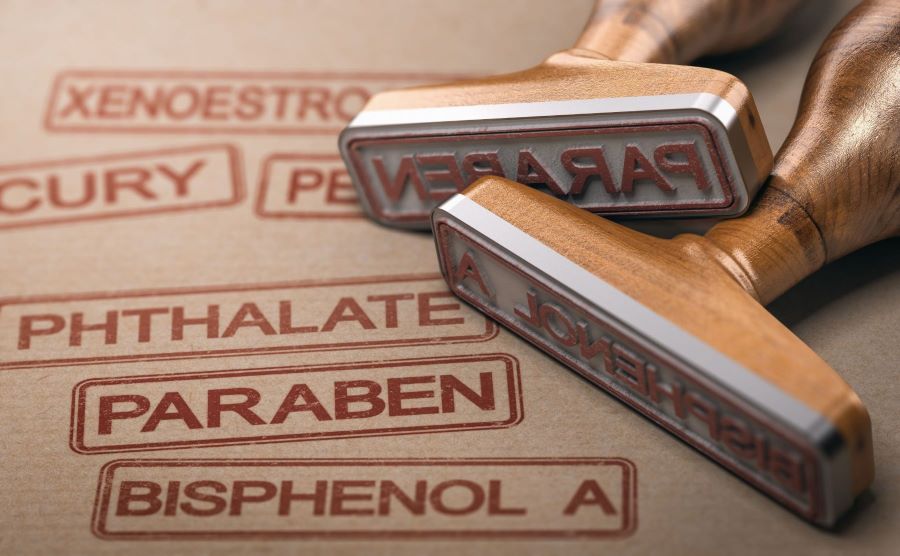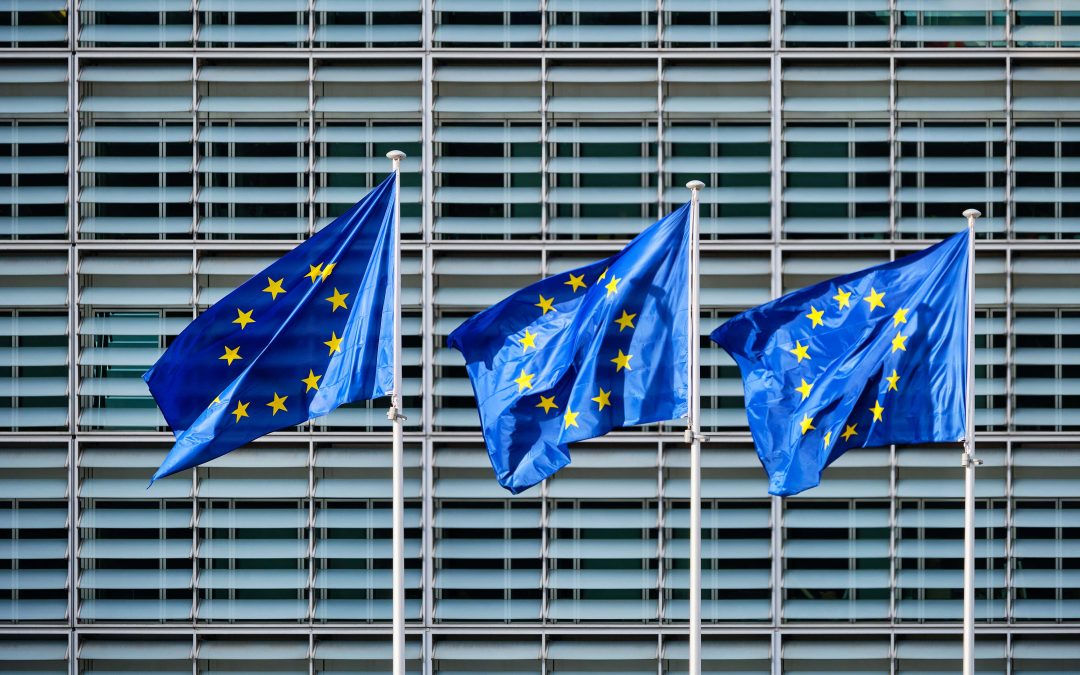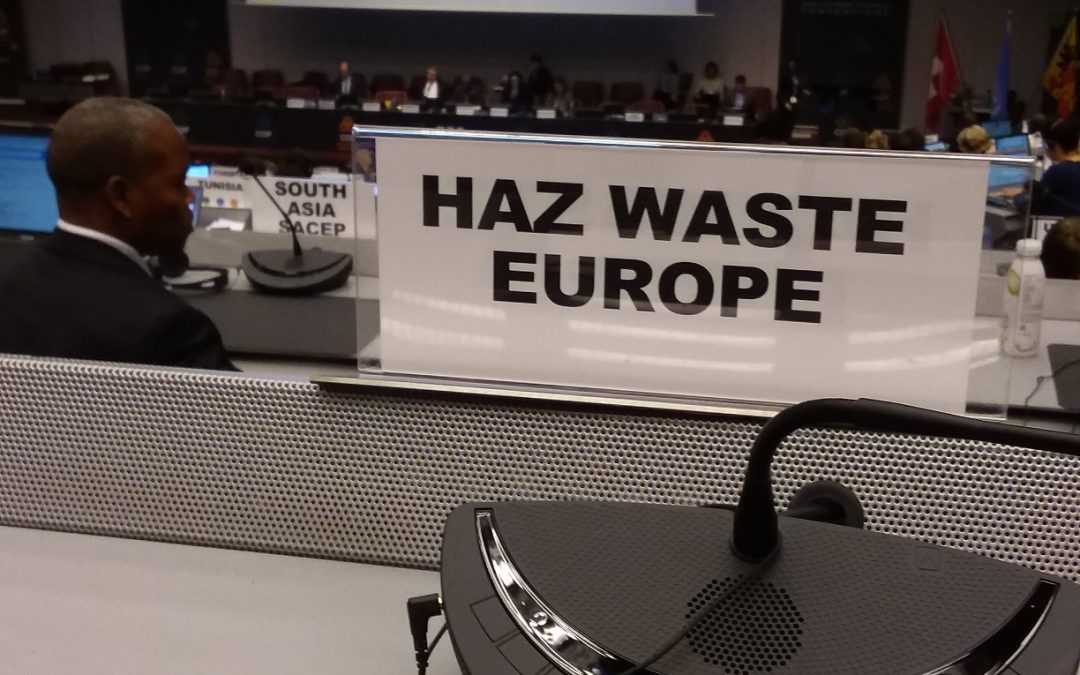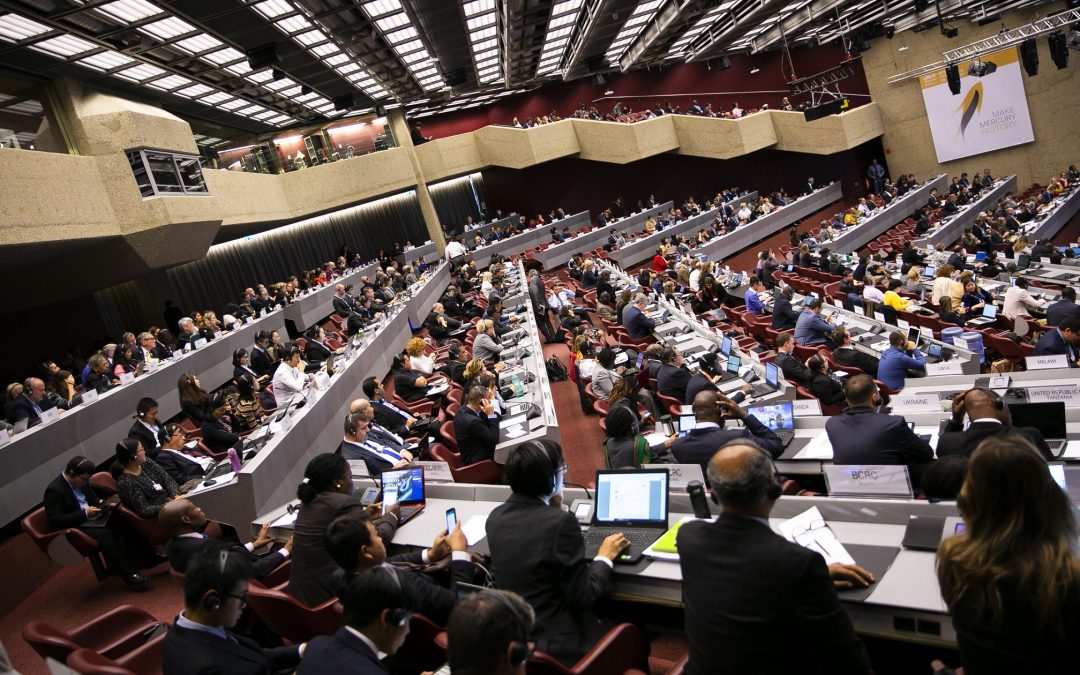
In the framework of the fitness check of the EU rules regarding harmful chemicals, HWE answered the stakeholder’s consultation on endocrine disruptors. The adoption of a comprehensive and integrated framework on endocrine disruptors, common criteria to define them independently of the sector of activity and the creation of a specific hazard in the CLP regulation will contribute to deliver a zero pollution ambition for a toxic-free environment to protect health and the environment. Please click on the contribution to read HWE’s position.

Following the publication of the European Green Deal (https://ec.europa.eu/info/files/communication-european-green-deal_en), the EU Commission is consulting stakeholders on its new Circular Economy Action Plan. (https://circulareconomy.europa.eu/platform/fr/node/2534). HWE sent some proposals to the EU Commission expressing its view on how implementation of some key principles through an integrative and consistent approach will promote non toxic material cycles and preserve the high level of protection of human health and the environment within the European Union. Better environment for better health is key to reach a zero pollution ambition for a toxic free environment. To this end, we would advocate the following recommendations: To ensure adequate implementation of the current legislation in a harmonised way within the EU Member States. To define substances of concern (SoC) and adopt an approach by grouping in their assessment, in the view of developing the EU market for secondary raw materials and address the issue of insufficient information regarding the presence or not in the recycled materials. To keep separate classifications for products and waste to preserve their respective challenges. If a risk based approach is relevant for products, the classification should take into account intrinsic properties of the waste – hazard based approach – when it comes to the waste stage, as the final destination of the waste is never known for sure. To trace the waste and ensure a decontamination step to contribute to clean material cycles.
;

The 2019 Triple COPs took place in Geneva from the 29th of April to the 10th of May. Governments from across the world have converged on Geneva this week for discussions and decisions aiming at protecting human health and the environment from chemicals and waste. The theme of the COP were » Clean Planet, Healthy People: Sound Management of Chemicals and Waste ». HWE participated actively as observer to the meetings of the conferences of the parties to the Basel ans Stockholm Conventions.

The Minamata Convention on mercury intered into force in August 2017 The second meeting of the Conference of the Parties (COP2) took place from 19 to 23 November 2018 in Geneva, Switzerland. The Convention, whose Secretariat is based in Geneva, aims at “protecting the human health and the environment from anthropogenic emissions and releases of mercury and mercury compound”. COP 3 was agreed to take place in Geneva from 25th to 29th November 2019.

Bound to oversee the proper application of the EU legislation, the EU Commission mandated the consulting firm BIPRO in 2014 to assess the implementation of hazardous waste management in EU Member States. A first study published in 2015 concluded that most requirements of EU legislation on hazardous waste were well transposed into national legislation, but that major gaps exist on statistical data for some Member States. It was decided to launch a second study to further assess hazardous waste and PCB management in 14 selected Member States (Bulgaria, Belgium, Cyprus, Czech Republic, Germany, Spain, France, Greece, Italy, Poland, Portugal, Romania, Sweden and the United Kingdom), that has been released this week. Structured around analysis of the current situation regarding hazardous waste and PCB management in the 14 Member States, it proposes some recommendations to improve the management that have been discussed with national authorities and private and public actors during 11 seminars. It brought out challenges regarding the implementation and enforcement of key obligations of the waste framework directive (2008/98 recently amended by 2018/851) concerning hazardous waste such as classification, labelling, permitting, mixing ban, collection, storage and treatment of hazardous waste. Among the key recommendations, the study underlines among other: The importance of classification of hazardous waste as prerequisite for effective planning (having a consistent definition to capture relevant waste
;




